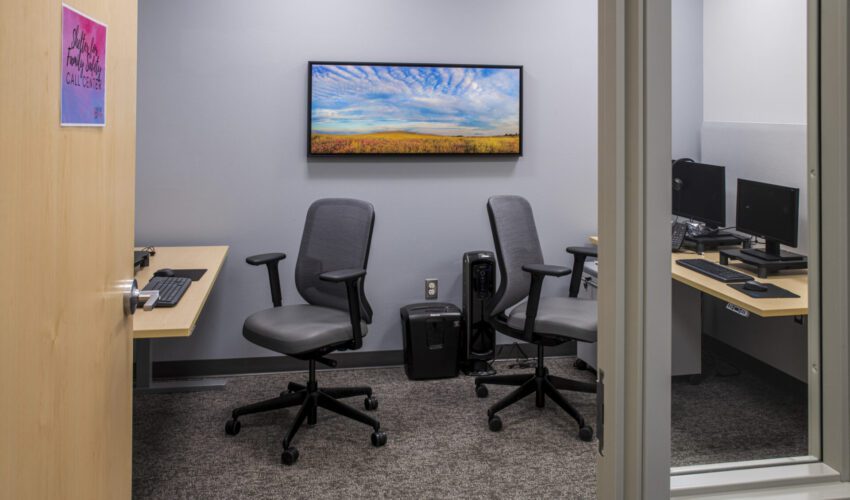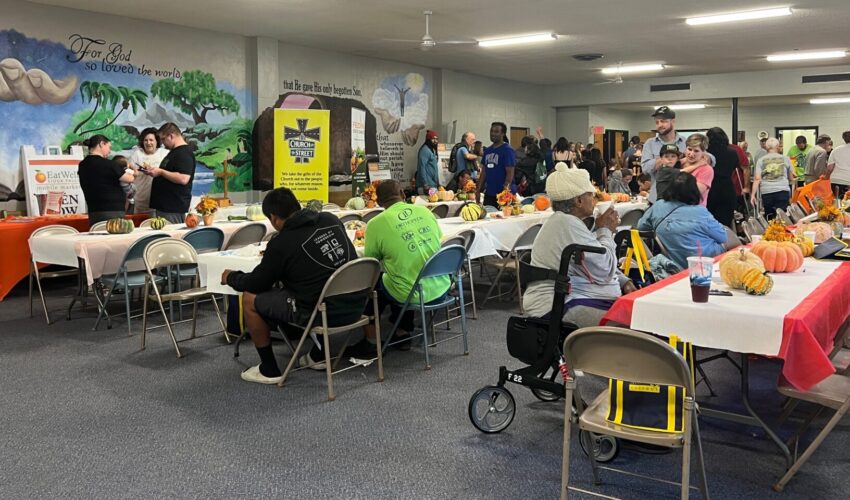Jodi’s Journal: Games of chance and voters’ choices
Nov. 13, 2022
It seemed a bit fitting to me that the biggest winner last week likely is someone who didn’t appear on a ballot.
I’d love to know the story of the so-far-unknown winner of the $2 billion Powerball, who purchased the life-changing ticket in California.
But I was more curious last week about the stories of those who play games of chance more regularly — specifically, video lottery, which is offered inside more than 150 Sioux Falls establishments and could see some changes brought forward by the City Council.
For a while, I’ve watched new video lottery casinos open or expand and wondered about the market that is driving them. They wouldn’t be open unless people were supporting them and the business model penciled out, right?
So when Councilor Rich Merkouris told me he’d visited dozens of casinos in the past two months in putting potential ordinance changes together, I asked for his impressions.
“Every one is so different,” he said. “Sometimes, you go in, and there’s only one person sitting there. For an hour and a half.”
Many of the customers he talked with represent people living paycheck to paycheck, he said. And while, in the worst cases, an entire paycheck might be spent in a casino, in most instances these are people just wanting to unwind with the hope of a win.
Hope.
That’s the real theme of the week, whether it’s talking about why an industry like video lottery sustains, why people buy a Powerball ticket or why they vote in elections.
We all, at our core, hope tomorrow is going to be better than today or yesterday. How we define “better” might vary, but that’s the root of everything from a political movement to what prompts someone to play a game of chance.
I stopped covering politics many years ago, but as the outsider-journalist I always appreciate elections for the perspective they give. Whether it’s a country or a community, elections show us where we’re at. Are we feeling good about the future or concerned? What’s important to us? Who are we looking to for leadership, and what qualities does that person offer?
As I write this, it’s still unclear how the ultimate national picture will look. But one theme has stood out: We, as a country, appear collectively less concerned with the letter next to the candidate’s name as we are the person behind the candidacy. And that’s a good thing. When pure ideology overpowers the actual individual running, I think we’ve seriously missed the point.
The names that have made big splashes on the ballot throughout history have always been those that inspired hope. The campaign themes “morning again in America,” the promise of “hope and change” and “make American great again” all draw on the inherently human need for hope, in one way or another.
But people don’t just vote for leaders who inspire hope in them. They follow them, too, including in the workplace.
And that’s what I thought of as I talked with Merkouris about what drives people to immerse themselves to an unhealthy level in something like video lottery.
Ask yourself, if you’re a business leader: Would anyone on my team feel the need to repeatedly sit in a casino or continually buy lottery tickets because that’s where they see hope for their future?
The concept of offering hope goes beyond driving happiness and optimism, said Libby Gill, an author and executive coach who has written on “hope research.” She gave this speech a few years ago called “hope is a strategy.” Here’s an excerpt.
“Hope is forward-thinking, specific and situational,” she said. “It lets you look at the future knowing that there are hurdles and obstacles, there are setbacks coming, it’s part of the process and proceeding anyway.”
It’s the “belief that change is possible,” she continued. It’s “an expectation that your actions as an individual can have a direct influence on a better outcome. That it’s up to you.”
And this isn’t just up to the person who sits at the top of an organization. I mentioned last week that I recently moderated an insightful panel of leaders for the Sioux Falls Development Foundation’s WIN in Workforce conference. One of them was First Premier Bank CEO Dana Dykhouse, and I thought of his closing comments in this column.
“We live or die by the leadership ability and skill of our front-line supervisors,” he said. “Those people that supervise eight or 10 people will make or break an organization.”
The company’s focus is on “training and inspiring those front-line leaders,” Dykhouse said. “People typically don’t leave an organization. They leave whoever their supervisor is. If you’ve got a great front-line supervisor, turnover will be low. Retention will be great.”
People often spend more time at work than they do anywhere else. Their experience within the workplace and their resulting feeling about their own well-being go a long way toward where they look for or find hope — and even how they vote. Leaders, and by extension organizations, that inspire it will find a jackpot of their own.








